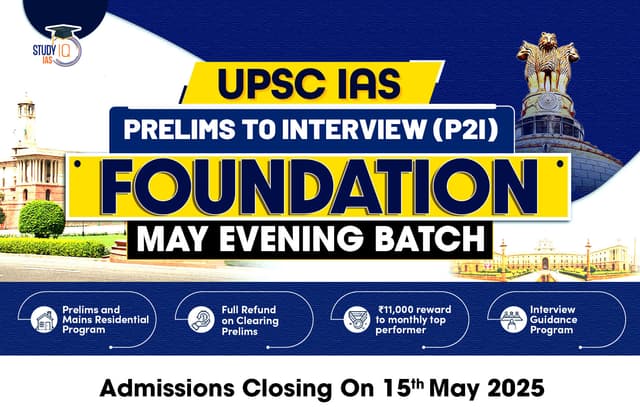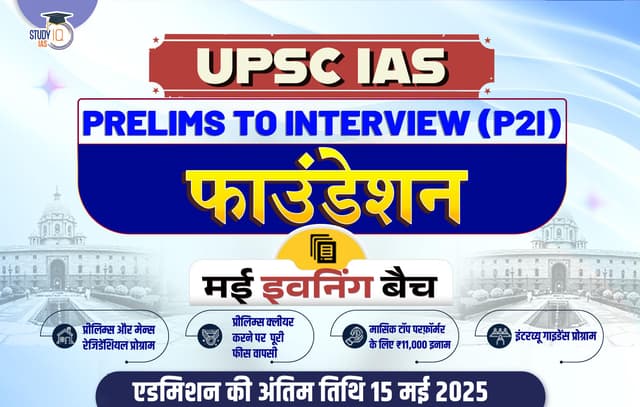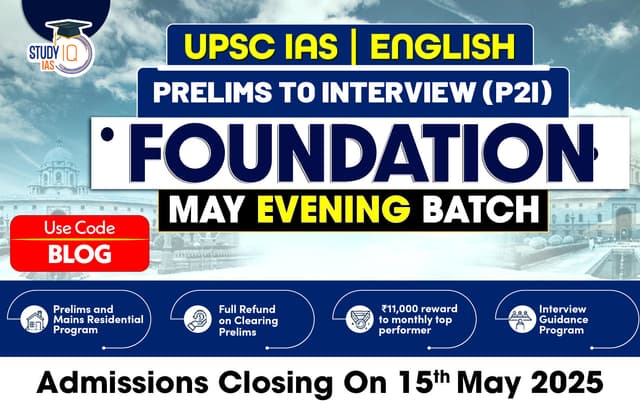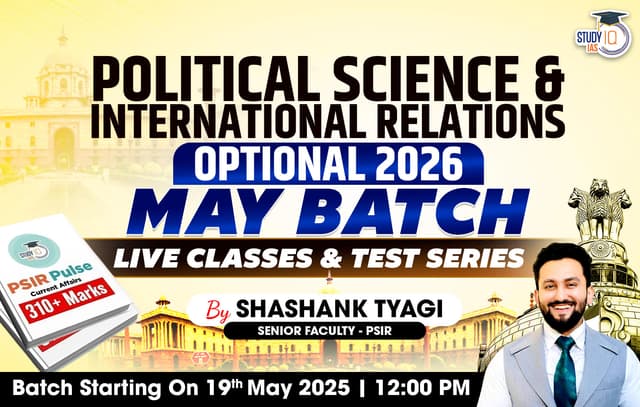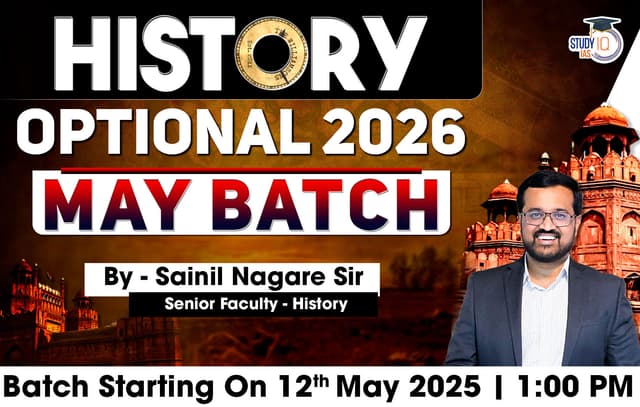Table of Contents
Context: SSI Mantra has successfully conducted two complex heart surgeries with a patient in Jaipur and the operating surgeon in Gurgaon.
About Surgical Tele Robotic System
- SSi Mantra is a robotic surgical system developed in India by SS Innovations.
- It is a multi-arm system that can be used for various surgical procedures, including urology, gynaecology, cardiothoracic and general surgery.
- The system has received regulatory approval from the Central Drugs Standard Control Organisation (CDSCO) in India.
- It performed the robotic beating heart Totally Endoscopic Coronary Artery Bypass (TECAB), which is considered one of the most complex cardiac surgical procedures.
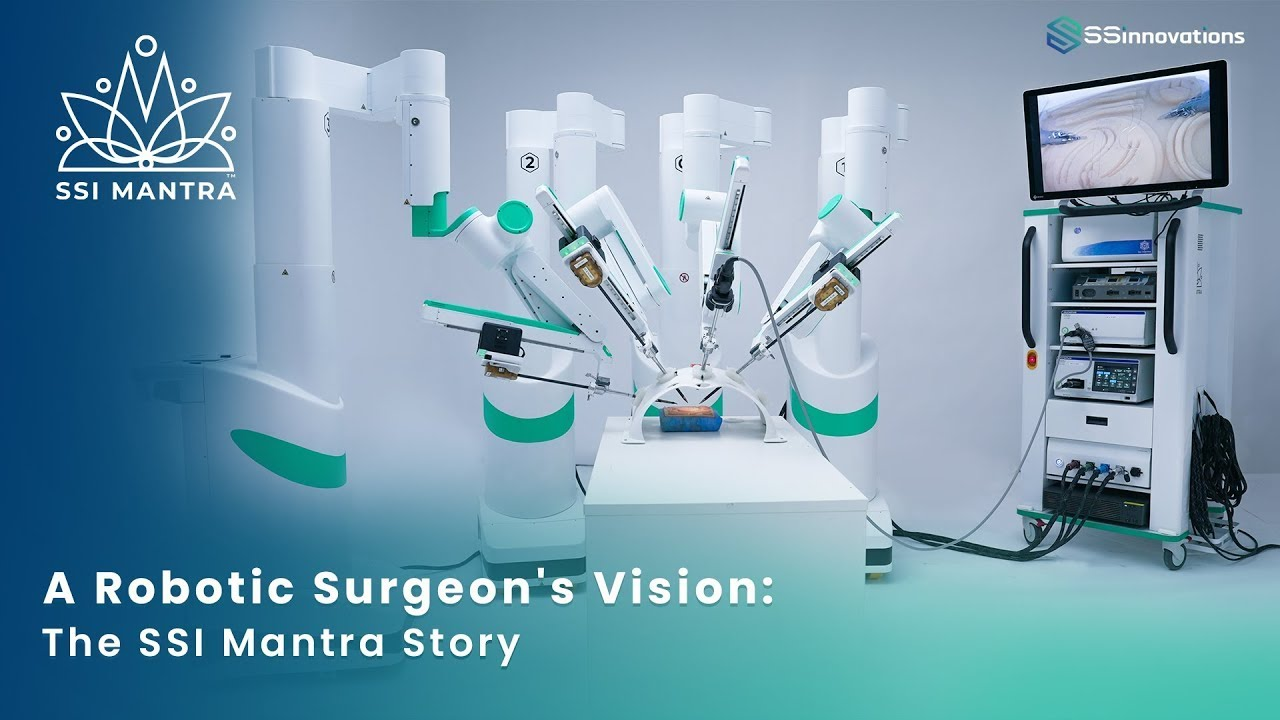
Advantages
- Reduced blood loss: Robotic surgery can reduce blood loss, postoperative pain and hospital stay.
- Faster recovery: Robotic surgery can help patients recover faster
- Better Precision
Challenges
- High initial cost
- Skill and training gap to operate intricate robotic systems
- Ethical concerns (who will be accountable for potential errors).
Surgical Tele Robotic System in India
The Surgical Tele-Robotic System in India is revolutionizing healthcare by enabling remote, highly precise surgeries through advanced robotics and telecommunication technology. This system helps overcome geographical barriers, bringing world-class medical expertise to underserved areas, improving surgical outcomes, and enhancing patient care across the country. With its potential to reduce costs and minimize recovery times, it’s a game-changer for India’s healthcare sector.
How does It Work?
- The surgeon uses the control console to manipulate the robotic arms during surgery. This is done via real-time video feed and haptic feedback, ensuring the surgeon feels the same tactile sensations as they would during a traditional surgery.
- Telecommunication networks transmit the surgeon’s commands to the robotic system, which can be located in a different room, hospital, or even country. The system’s high-speed connectivity minimizes any delays between command and execution.
- Some systems also incorporate Artificial Intelligence (AI) to enhance decision-making, offer predictive insights, and improve overall surgical precision.

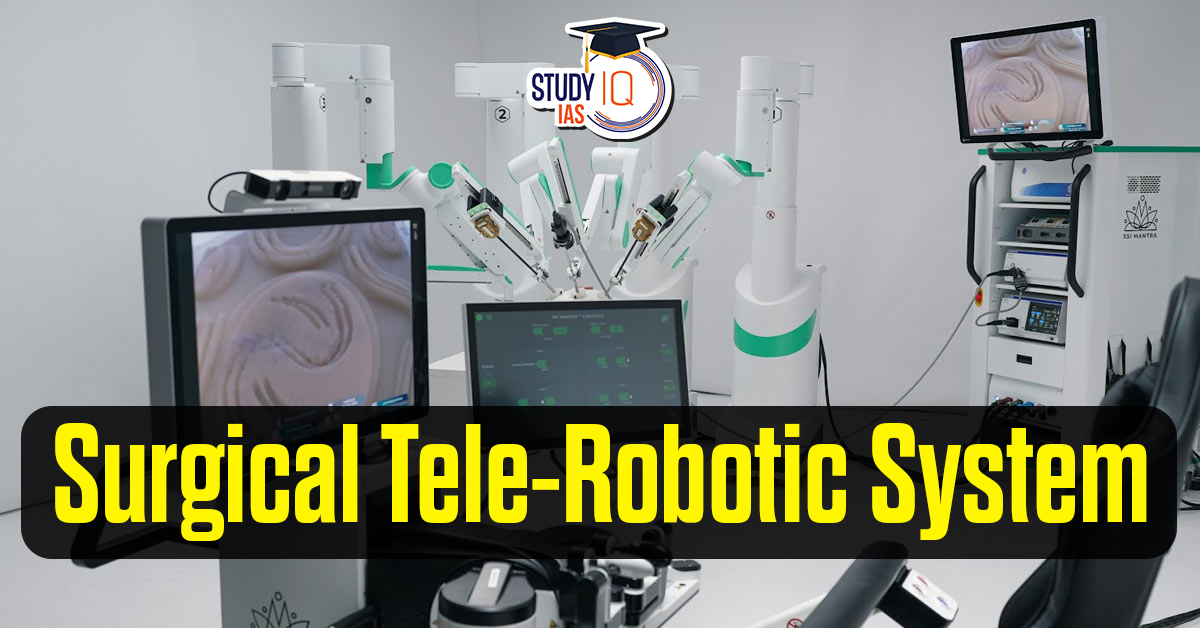
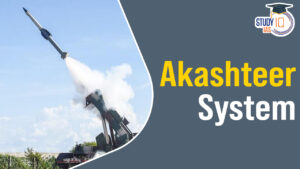 Akashteer System, Purpose, Benefits, Sig...
Akashteer System, Purpose, Benefits, Sig...
 Ozempic Drug Could Reverse Liver Disease...
Ozempic Drug Could Reverse Liver Disease...
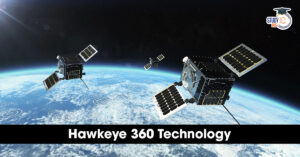 India secures Hawkeye 360 Technology dea...
India secures Hawkeye 360 Technology dea...

